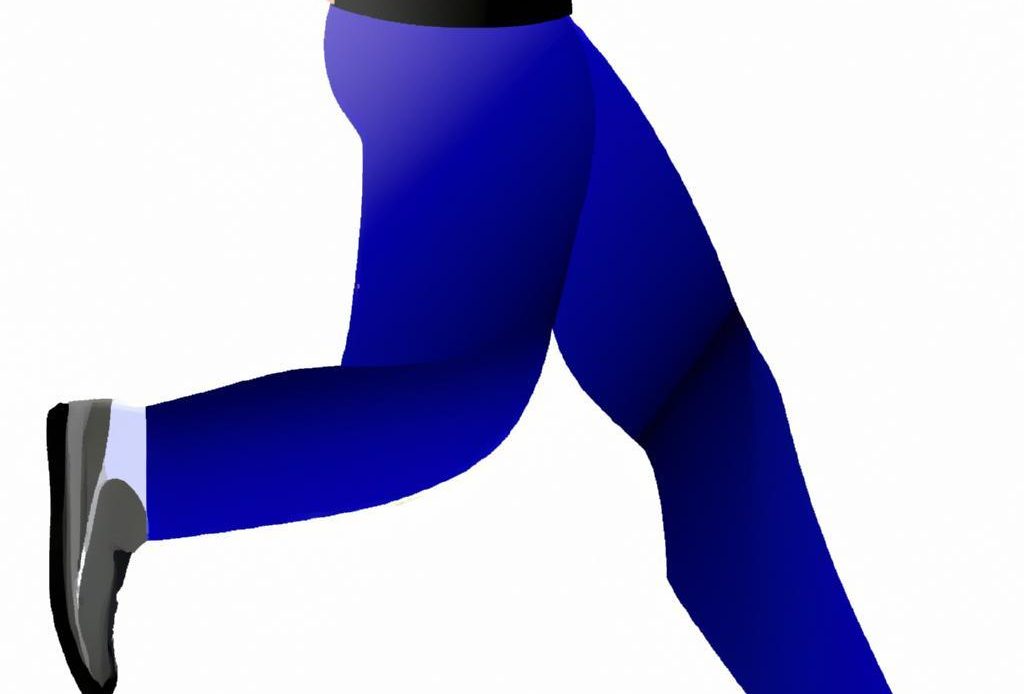
In a world often dominated by high-intensity workout regimens and bustling gym sessions, the simplest form of exercise often gets overlooked—walking. Imagine lacing up your shoes, stepping outside, and embracing the rhythmic sway of your body as your feet make contact with the earth. “Step into Fitness: The Benefits of Walking for Low-Impact Calorie Burning” invites you to rediscover this age-old activity that not only rejuvenates the mind but also subtly sculpts the body. Whether you’re a seasoned athlete seeking a refreshing alternative or a beginner looking to embark on a fitness journey, walking offers an accessible, enjoyable, and effective way to burn calories without the strain of more vigorous activities. Join us as we explore the myriad benefits of this low-impact exercise, from its positive impact on mental well-being to its role in a balanced lifestyle. Lace up, and take your first step towards a healthier, happier you.
Exploring the Heart of Movement: How Walking Transforms Your Health
Walking is not just a mundane activity; it serves as a gateway to enhancing physical and mental well-being. Each step taken can ignite a cascade of health benefits that resonate throughout the body. **Engaging in a regular walking routine can:**
- Boost cardiovascular health by improving circulation
- Help maintain a healthy weight through low-impact calorie burning
- Elevate mood and alleviate symptoms of anxiety or depression
- Enhance musculoskeletal strength and flexibility
- Encourage social connections when walking with others
Moreover, the beauty of walking lies in its accessibility; it requires no special equipment and can seamlessly fit into a daily routine. To paint a clearer picture, consider the following table that outlines the average calories burned during a 30-minute walk at various paces:
| Walking Pace | Calories Burned |
|---|---|
| Slow (2 mph) | 90 |
| Moderate (3.5 mph) | 140 |
| Brisk (4.5 mph) | 180 |
| Power Walking (5 mph) | 240 |
As shown, even a leisurely pace can yield substantial calorie-burning potential, making walking an incredibly efficient form of exercise. Tapping into the rhythmic motions of your strides not only transforms your body but can also invigorate your spirit, proving that sometimes, the simplest actions have the most profound effects.

Unpacking the Science: Calorie Burning and the Low-Impact Advantage
When it comes to understanding how our bodies burn calories, the intricate relationship between activity and energy expenditure reveals fascinating insights. Walking, with its inherent low-impact nature, becomes an ideal exercise choice for individuals at various fitness levels. The energy a person expends while walking is influenced by several factors, including walking speed, distance covered, and body weight. Even at a moderate pace, a consistent walking routine can lead to significant calorie burn over time, making it an accessible yet effective form of exercise.
Interestingly, low-impact workouts like walking not only promote calorie burning but also offer a range of additional benefits. Some of the advantages include:
- Reduced injury risk: The gentle motions of walking minimize strain on joints.
- Improved cardiovascular health: Regular walking can enhance heart health and circulation.
- Enhanced mood and mental clarity: Engaging in outdoor walks can lift spirits and reduce stress.
- Greater accessibility: Walking requires no special equipment or gym membership, making it easy to integrate into daily life.

Steps to Success: Practical Tips for Making Walking part of Your Routine
Integrating walking into your daily routine can be effortless with a few planned strategies. **Start small** by incorporating short walks into your day, such as during lunch breaks or while waiting for appointments. Carry a **compact pair of walking shoes** with you to seize the opportunity whenever it arises. Additionally, try to identify a walking buddy to keep you motivated. The companionship can make it more enjoyable, enhancing adherence to this healthy practice. Consider creating a **walking schedule** where you dedicate specific days and times for your stroll, making it a non-negotiable part of your week.
To further embed walking into your lifestyle, think about your surroundings and find methods to make it appealing. Explore local parks or nature trails to nurture an engaging atmosphere. You can even turn your walks into educational experiences by listening to **podcasts or audiobooks** that pique your interest. Additionally, it may be helpful to set goals for distance or duration and **track your progress** with fitness apps or simple pedometers. This way, you can visualize your improvement and stay motivated. Below is a simple table illustrating some effective tips to seamlessly incorporate walking into your daily life:
| Tip | Description |
|---|---|
| Wake Up Early | Start your day with a refreshing morning walk. |
| Walk to Work | If possible, walk rather than drive or take public transport. |
| Incorporate Walking Meetings | Hold casual meetings on the go to blend productivity with walking. |
Key Takeaways
As we conclude our journey through the world of walking, it’s clear that this simple activity offers a wealth of benefits that extend far beyond calorie burning. With each step taken, we not only engage our bodies but also nurture our minds, fostering a sense of well-being that enriches our daily lives. Whether you are strolling through a local park, navigating city sidewalks, or enjoying a peaceful nature trail, walking allows you to embrace a low-impact form of fitness that is both accessible and rewarding.
So, lace up those shoes, step outside, and let each stride lead you towards a healthier, happier you. Remember, every walk is a step forward, not just in physical fitness, but in emotional and mental balance as well. No matter your pace or distance, the path to wellness begins with that first step. Happy walking!

